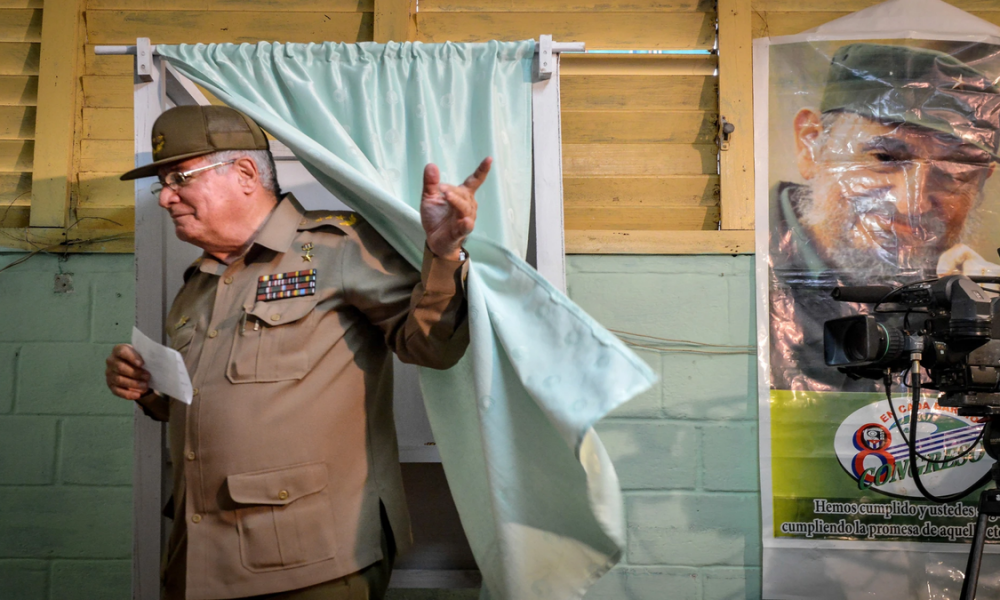General Alvaro Lopez Miera, the head of Cuba’s Ministry of the Revolutionary Armed Forces (MINFAR), alongside a group of “specially designated nationals,” can neither access their assets nor enter the United States.
What We Know:
- President Joe Biden revealed his actions in a Thursday statement. In the document, Biden condemns “the mass detentions and sham trials” of Cuban protesters following the July 11 demonstrations. He declared that Cuban people deserve the same rights to freedom, expression, and peaceful assembly as all people.
- To punish Lopez Miera and the Ministry of Interior Forces’ Avispas Negras (Black Wasps), the Biden Administration used the Global Magnitsky Act, which targets human rights violators and corrupt individuals. The Department of Treasury declared MINFAR played a crucial role in repressing protesters and the disappearance of multiple citizens. Additionally, the government unleashed the Black Wasps to “suppress and attack demonstrators,” participating in “peaceful, pro-democratic protests.”
“Treasury will continue to enforce its Cuba-related sanctions, including those imposed today, to support the people of Cuba in their quest for democracy and relief from the Cuban regime,” said Treasury Secretary Janet Yellen.
- Cuban foreign minister Bruno Rodriguez scorned the U.S.’s sanctions. He called it practically irrelevant, as Lopez Miera, “a hero of the revolution,” does not hold American bank accounts. Furthermore, the Black Wasps strictly followed the law and “with moderation.” Despite this, the Miami Herald declared the application of the Global Magnitsky Act symbolized more beyond the financial aspect.
- Secretary of State Antony Blinken added that the United States would continue promoting accountability for the communist regime’s human rights abuses, “including through additional sanctions pursuant to Global Magnitsky, as appropriate.”
- As per the Biden Administration’s recent promises, the United States will continue its efforts to bring the internet to the island. The U.S. also renewed interest to work with the Organization of American States, the United Nations, and more to protect Cuban’s rights and punish the abusers. Biden will also search for proper ways to reinstate remittances to Cuba and increase staffing in Havana’s U.S. Embassy.
- Although Biden did not initially prioritize U.S.-Cuba relations, citizens and leaders alike have pushed him to do so. Throughout the country, Cuban-Americans began protesting for the United States to intervene; politicians such as Marco Rubio, Maria Elvira Salazar, and more joined in on these efforts through press conferences and congressional meetings. In addition, Aaron Parnas, the press secretary for the Miami-Dade Democratic Party, urged Biden to visit South Florida, home to the largest population of Cuban exiles, to show citizens they have his support.
Parnas also spoke on behalf of many when he said Biden’s actions are a “necessary first step” in helping Cuba remove its communist government.



